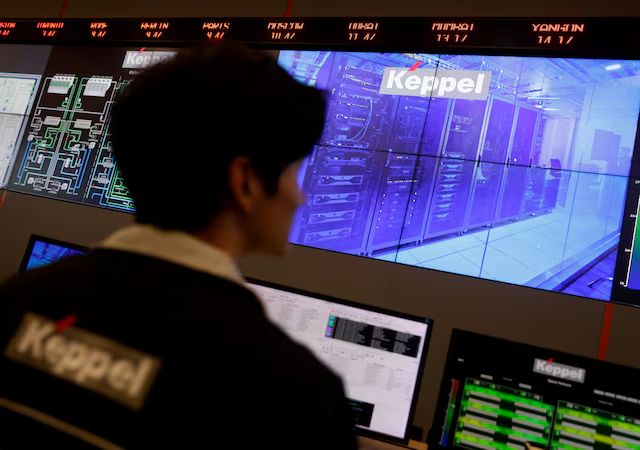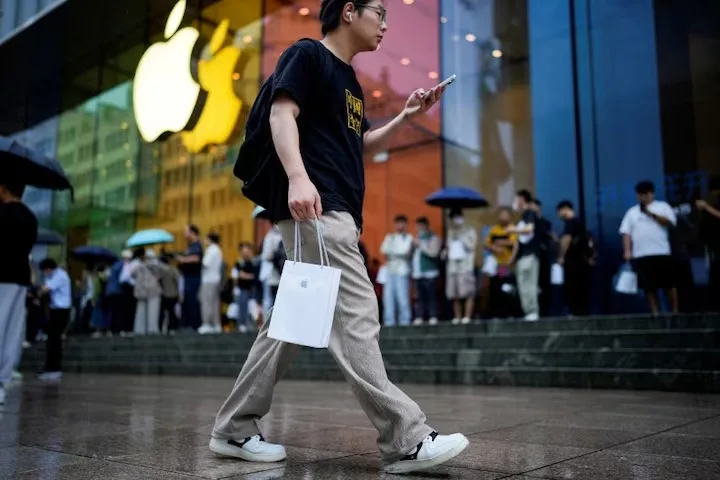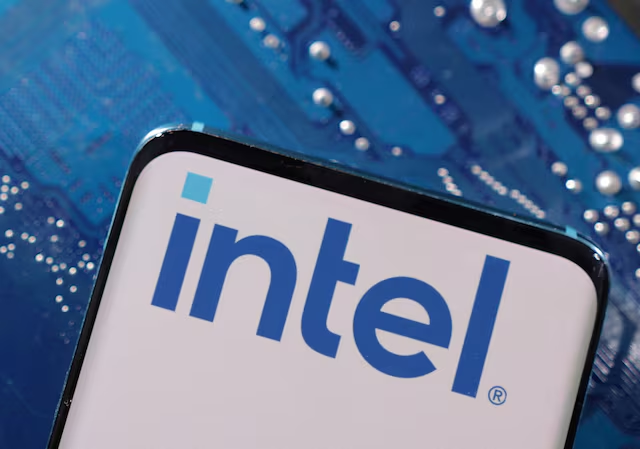A bipartisan coalition of lawmakers unveiled a bill late Wednesday aimed at streamlining the process for the Biden administration to enforce export controls on AI models, seeking to protect valuable U.S. technology from foreign threats. Sponsored by House Republicans Michael McCaul and John Molenaar, as well as Democrats Raja Krishnamoorthi and Susan Wild, the legislation also grants the Commerce Department explicit authority to prevent Americans from collaborating with foreign entities on AI projects deemed detrimental to U.S. national security.
Crafted in consultation with Biden administration officials, the bill seeks to fortify potential future AI export regulations against legal challenges. Growing concerns surround the possibility of U.S. adversaries utilizing AI models, which analyze extensive data to generate content and summarize information, for cyber warfare or even the creation of dangerous biological weapons.
Requests for comment on the legislation from the Commerce Department and White House went unanswered at the time of reporting. The United States appears poised to take proactive steps to protect its AI technology from China and Russia, including preliminary plans to impose export controls on advanced proprietary AI models. However, existing U.S. law presents challenges in regulating the export of open source AI models, which are freely accessible for download.
If passed, the bill would eliminate hurdles in regulating the export of open source AI under the International Emergency Economic Powers Act. Additionally, it would empower the Commerce Department to regulate AI systems directly. China has heavily relied on various open source models developed in the West, such as Meta Platforms’ “Llama” series. In March, the Beijing Academy of Artificial Intelligence, a prominent research institution, acknowledged that a significant portion of China’s domestically developed AI models were based on Meta’s Llama models, posing a notable challenge to China’s AI advancement.














